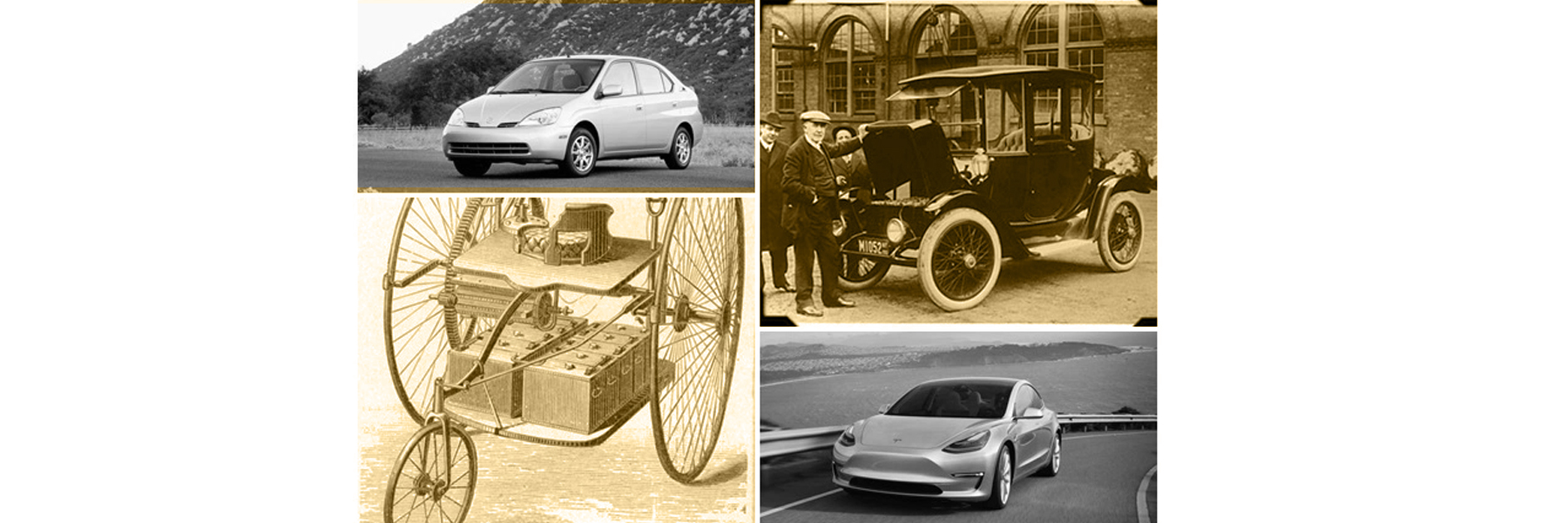Electric vehicles (EVs) have become increasingly popular in recent years as people become more environmentally conscious and look for ways to reduce their carbon footprint. While the modern EV is a relatively new invention, the concept of electric vehicles dates back much further. In this blog post, we’ll take a look at the history of EVs and the people behind the creation of the first electric vehicle.

The earliest attempts at creating an electric vehicle date back to the 1830s and 1840s when inventors such as Thomas Davenport, Robert Anderson, and Professor Sibrandus Stratingh built small electric cars powered by non-rechargeable batteries. However, these early vehicles were not practical due to the limited range and short battery life.
The first practical electric vehicle was created by a Scottish inventor named Robert Anderson in 1832. He built a crude electric carriage that was powered by non-rechargeable cells. While the vehicle was not very practical due to its limited range, it was a significant step forward in the development of EVs.
In 1884, Thomas Parker, a British inventor, built the first electric car with a rechargeable battery. He used the battery to power an electric motor that was mounted on a modified horse-drawn carriage. The vehicle was capable of traveling up to 10 miles on a single charge and could reach speeds of up to 15 miles per hour.
However, it was not until the late 1800s that EVs began to gain widespread popularity. In 1891, William Morrison, a chemist from Des Moines, Iowa, built the first successful electric vehicle in the United States. The vehicle was capable of traveling up to 14 miles on a single charge and could reach speeds of up to 14 miles per hour.
In 1897, the Electric Vehicle Company was founded in New York City, and it quickly became the largest manufacturer of electric vehicles in the United States. The company produced electric taxis, buses, and trucks and had a fleet of over 4,000 electric vehicles in operation in New York City alone.
In 1900, Belgian race car driver Camille Jenatzy built an electric vehicle called La Jamais Contente, which was capable of reaching speeds of up to 68 miles per hour. The vehicle set the world land speed record and proved that electric vehicles could be fast and powerful.
While the popularity of EVs declined in the early 1900s due to the rise of gasoline-powered vehicles, interest in electric vehicles has resurged in recent years due to concerns about climate change and the environmental impact of fossil fuels.
In conclusion, the history of electric vehicles dates back over 150 years, with the first practical electric vehicle being created in 1832 by Scottish inventor Robert Anderson. While the modern EV is a far cry from these early inventions, the pioneering work of these inventors laid the foundation for the development of the EVs we see on the road today.
